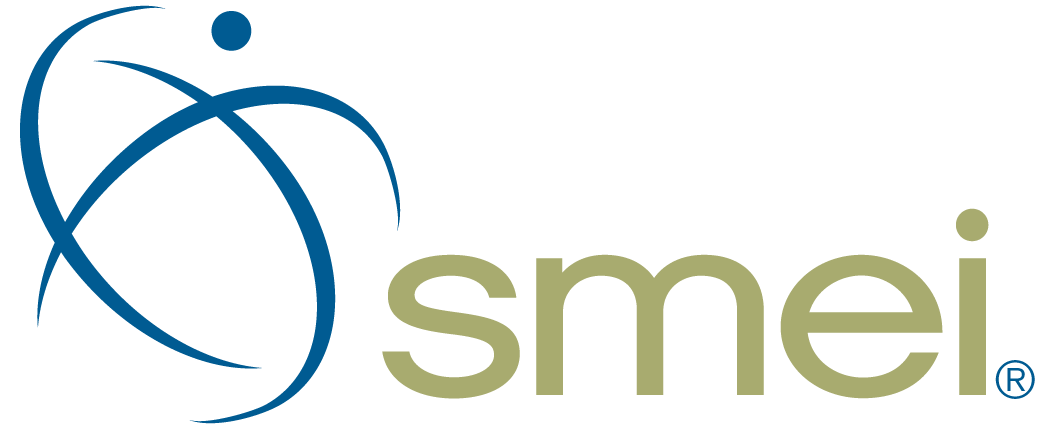Can you master your emotions?
The similarity between a Sales Call and a job interview.
It was Tuesday morning, it was beautiful weather, I was sitting in my car for my first sales call of the day. I was looking forward to it, but I was also nervous. Intentional, full of thoughts on how the conversation would run, I went inside. I had a good first impression and a mission.
I looked straight at the man, gave him a firm handshake and after an introduction we started the conversation. Fortunately, I received many easy questions, that gave me a lot of confidence in our conversation. I think he was profiling me as a good conversation partner.
I knew it…. I was going to score!!!!
Time passed by and before I knew it my prospect told me that the time running out. He had a tight schedule that day. Of course, at the end of the conversation, I was wondering if I made a good impression. And as I expected … .. he had a very good impression. And told me it was a very good conversation.
After 3 days, I received a phone call. Unfortunately, I did not match the profile. And this company went on with another candidate ……..
Rejection
Sales professionals convince themselves that they could be anyone. They understand that rejection is not directed at them personally. Instead, rejection can come from numerous reasons having nothing to do with them: improper timing, bad experience with previous sales reps, business conditions, economic challenges, and even moods. None of which gatekeepers or even decision makers will tell you. They simply say no. No problem.
In case of a job interview, it is about yourself. You are employed as entrepreneur in a large company. The cocktail of chemistry and the activation of neurons make it much more exciting for you.
Similarities
As a Sales Manager with a team of for example 10 representatives, you know one thing for sure. People are leaving, so you will have to hire new people. Ambitious salesmen change jobs between 1 and 4 years. This means that as Sales Manager you have to start the recruitment process every year. (Sometimes I wonder if this should not be a continuous process, but unfortunately you do not always have this option).
In the recruitment pipeline you have (if you are lucky) between 5 or 10 candidates and 1 or more conversations with each before you can get a possible hire. In fact, as sales manager, you have at least 20 interviews a year.
One of the fascinating subjects in the dozens of job interview talks I have been able to take over the past few years, is the similarity between a sales conversation and a job interview. What is the difference between selling a product or service versus selling yourself as a person? Do you think about that? Is it the new shirt you bought to look sharp? Or the necktie you never usually wear?
Let’s see what the similarities between sales call and a job interview are.
Different preparation?
As a salesmen in your company you can regularly shuffle the many value propositions you’ve written together with the marketing department. But what do you actually deliver? What are your Unique Selling Points? What kind of results did you book in your career? What has your contribution been in the result? Often, we have the answers in a sales conversation ready before the customer requests. In a job interview, they need to ask. So be prepared!
Different pipeline?
“Find the Customers that Fits you the best” You often hear the Sales Manager shouting in a team meeting. Everyone wants a pipeline where you can add value to every customer. What about your application pipeline? Are these companies where you can add value? And what value could you add?
Different research?
You always prepare a sales call. You look at the website. You are looking for your prospects profiles (Facebook and LinkedIn-In). You look at the vision and mission of the company and the match between your company and your prospect. We are all people, and are always happy to find a connection. When did you last check your interviewer’s Facebook profile?
Job description as a tender?
One of the benefits of a job application is the job description, in which you can find part of the pain of your future client. It’s just like a pre-selection tender. In a tender process, you always make your proposal to fit so that the client recognizes your strengths. Why should your Curriculum Vitae be different?
No doubt you have had many job interview experiences, as described at the beginning of this post. It’s a in depth questioning from the other side of the table, and you’re constantly switching to get the right answers. After all, this conversation is much more important than a normal sales conversation anyway? At the end of the conversation you have a great feeling because they were very interested in you! DUHHHH …….
Key Takeaways
80% of your job interview comes from the preparation, just like a sales call.
Ask questions that matter, be curious, and discover the real pain of the company. Discover where and when your personal Unique Selling Points can be told best.
Some of the additional benefits are:
Your future employer (client) is speaking 70%, giving him a great conversation experience.
You are less likely to speak, so the chances are small that you can say something stupid.
You get the lead in the conversation, most HR interviewers are not even aware of this.
You’ll soon find out if this business suits you. That’s 50% of the deal anyway?
Having control of your emotions is very difficult, but as real sales professionals, the components above in your sales process are nevertheless like a walk in the park for a good sales professional right?
As I remember my first conversations, and with the knowledge of now, I can happily think of it with a smile.
And do you already have a smile on your face?
Photo Credit:




